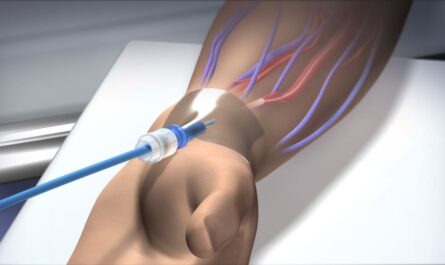Parietal cells (PCs) in the stomach play a crucial role in maintaining a healthy digestive system by producing hydrochloric acid. Disruptions in PC function can lead to various conditions, including indigestion, heartburn, peptic ulcers, autoimmune gastritis, and stomach and esophageal cancers. However, the molecular and genetic mechanisms underlying PC generation and maturation from stem cells remain elusive.
Researchers from Baylor College of Medicine and collaborating institutions aimed to shed light on this process by identifying genes preferentially expressed by emerging PCs. Their study, published in Cell Stem Cell, revealed a ‘training program’ guiding PC development from stem cells and subsequent maturation into active acid-secreting cells.
PCs are essential for maintaining the acidic environment in the stomach, which benefits food digestion, mineral absorption, and bacterial killing. However, excessive acid production can lead to harmful conditions, such as reflux, peptic ulcers, and gastric bleeds. Understanding the development and maturation of PCs can help scientists investigate conditions where the stomach fails to produce PCs, leading to an acid-free stomach and increased risk of gastric cancer.
To study PC development, the researchers utilized a mouse model that eliminated existing PCs, triggering the production of new Geocells. Using single-cell RNA sequencing, they identified genes that were turned on or off as cells committed to becoming PCs and matured.
Among the genes expressed, estrogen-related receptor gamma (ERRγ) stood out. This gene, involved in regulating cell metabolism, was expressed in both young and mature PCs. The researchers found that ERRγ was sufficient for cells to develop into functional PCs.
Progenitor PC cells committed to expressing ERRγ were destined to become mature PCs. These findings suggest that ERRγ plays a critical role in regulating the differentiation and maturation of acid-secreting PCs.
This research could pave the way for new strategies to control PC function in various disease settings.



